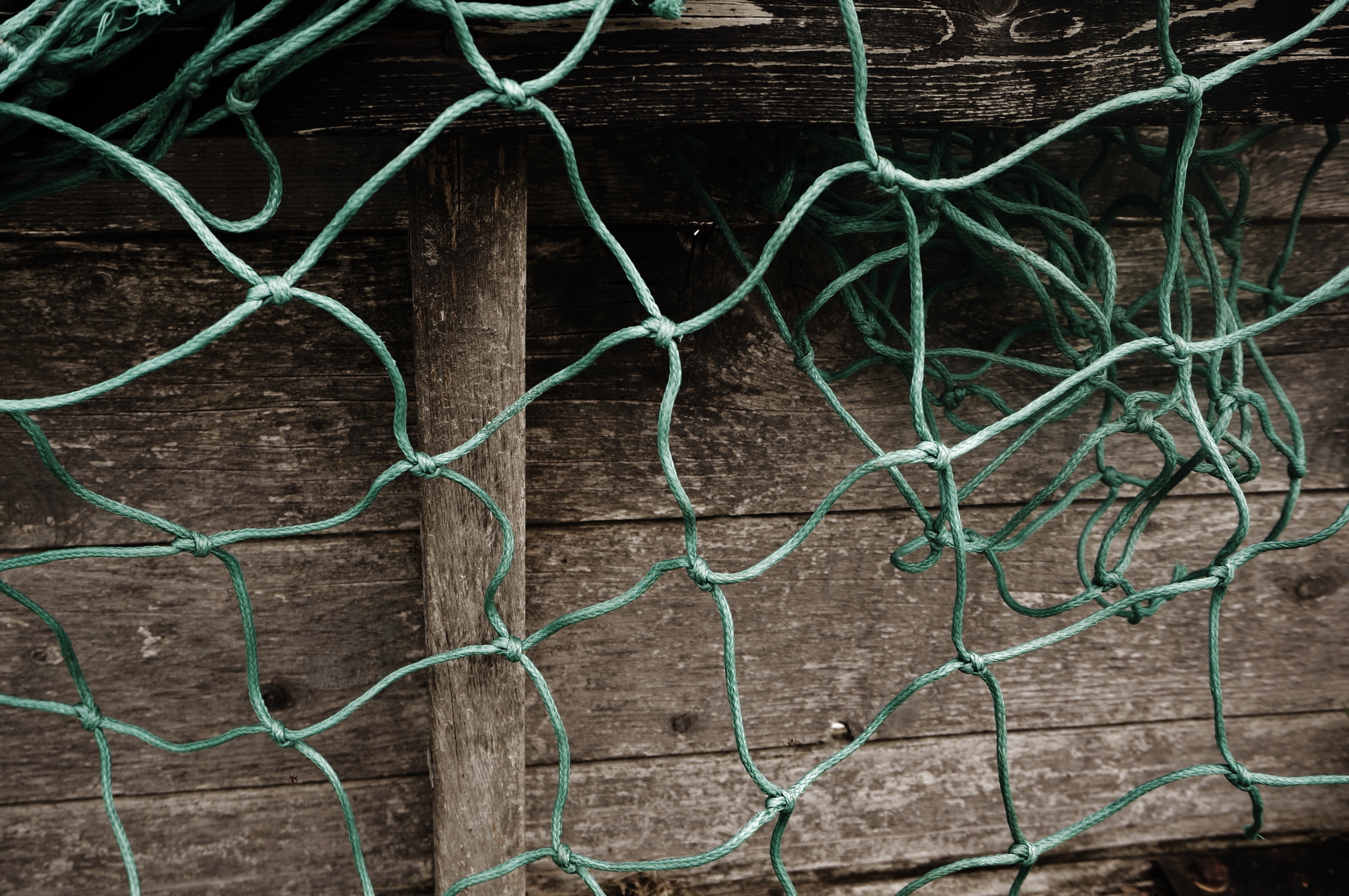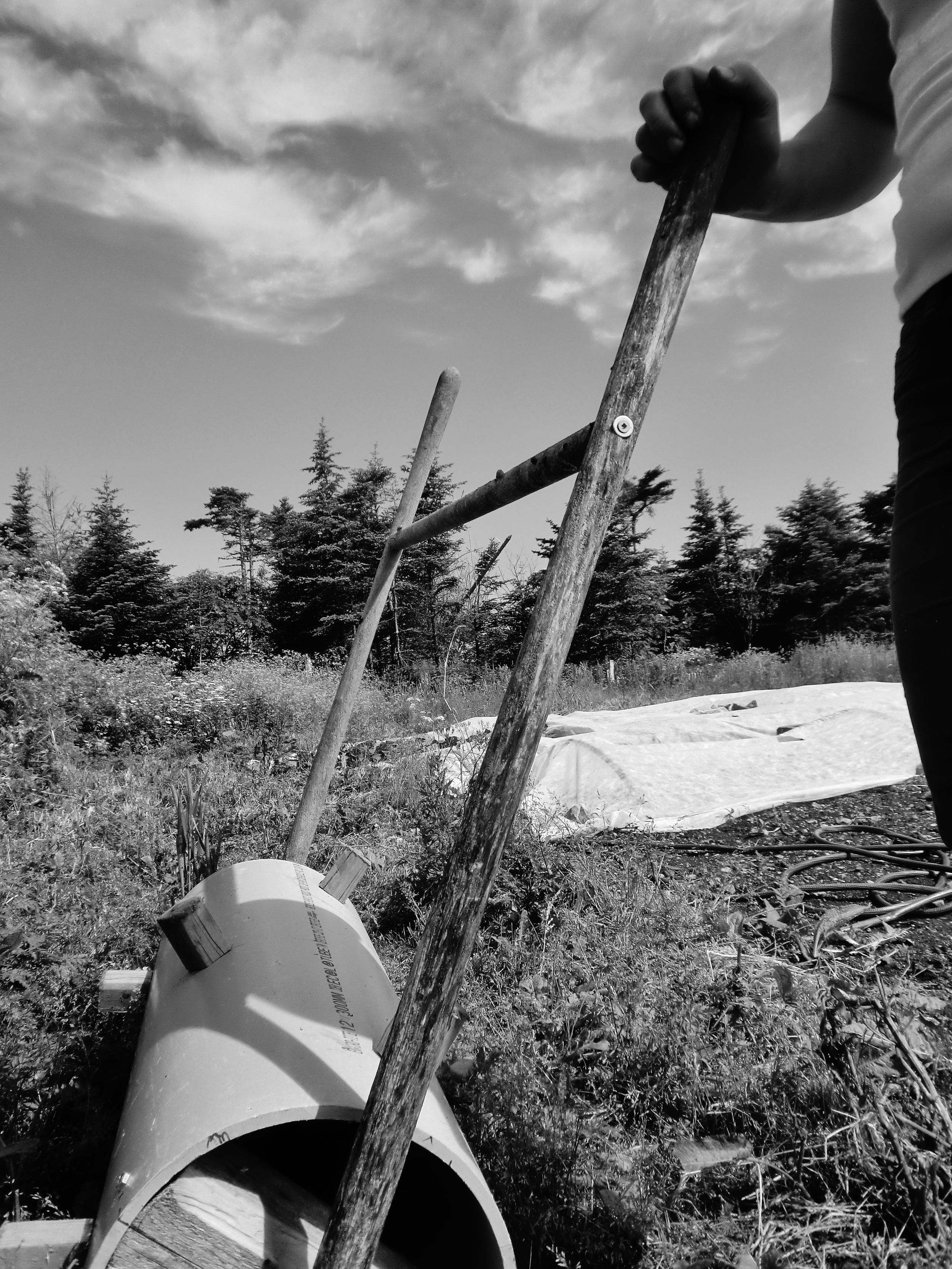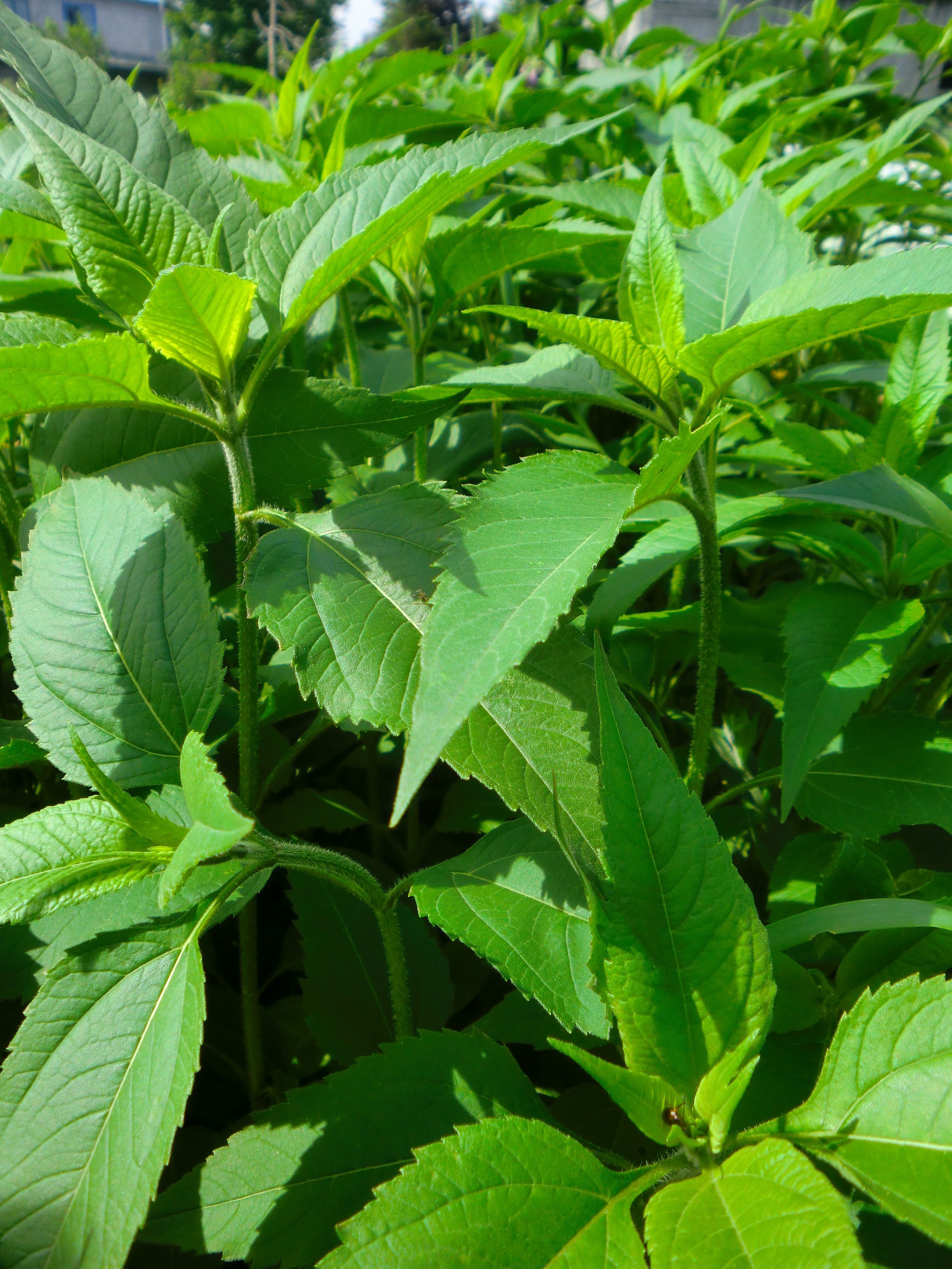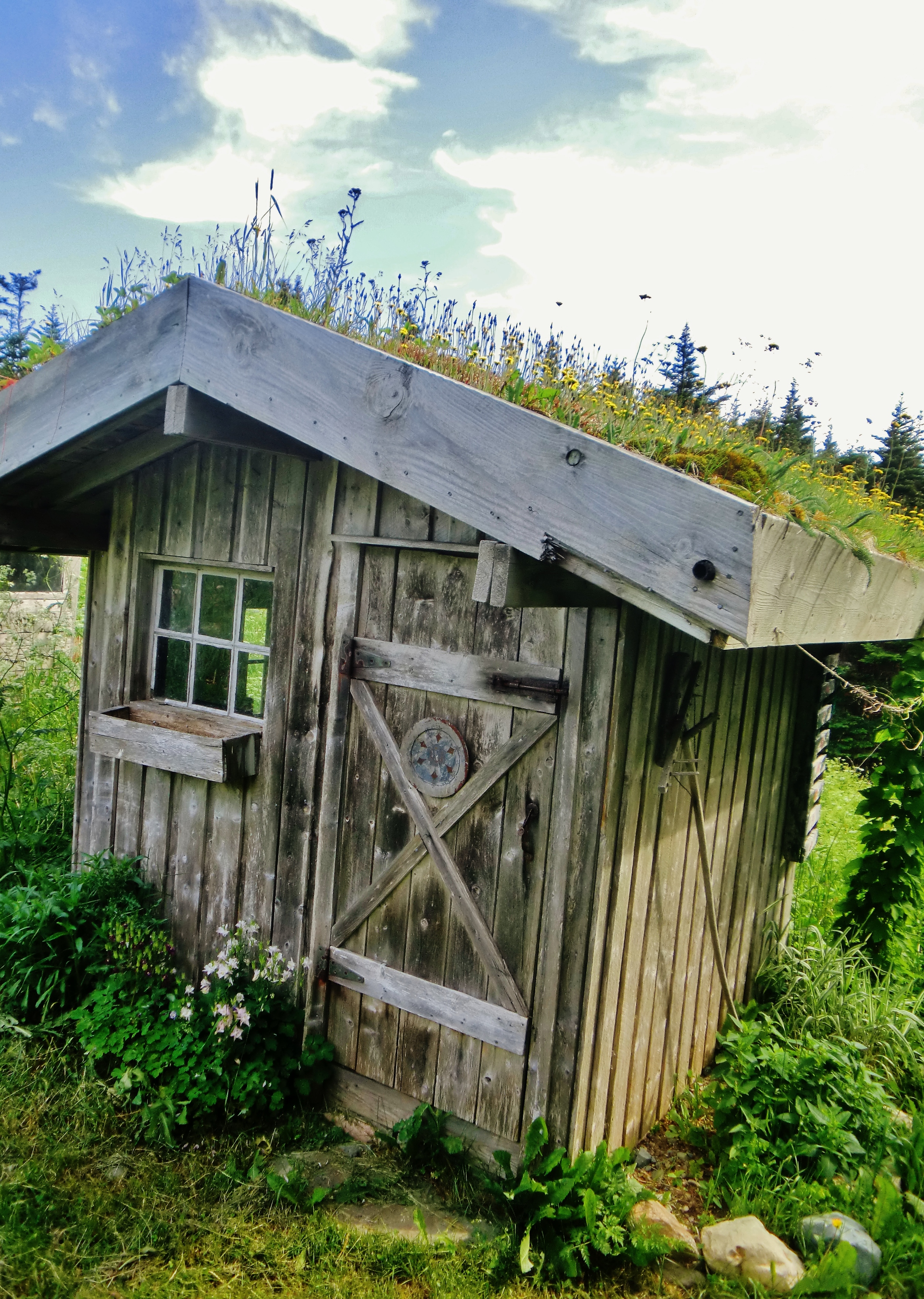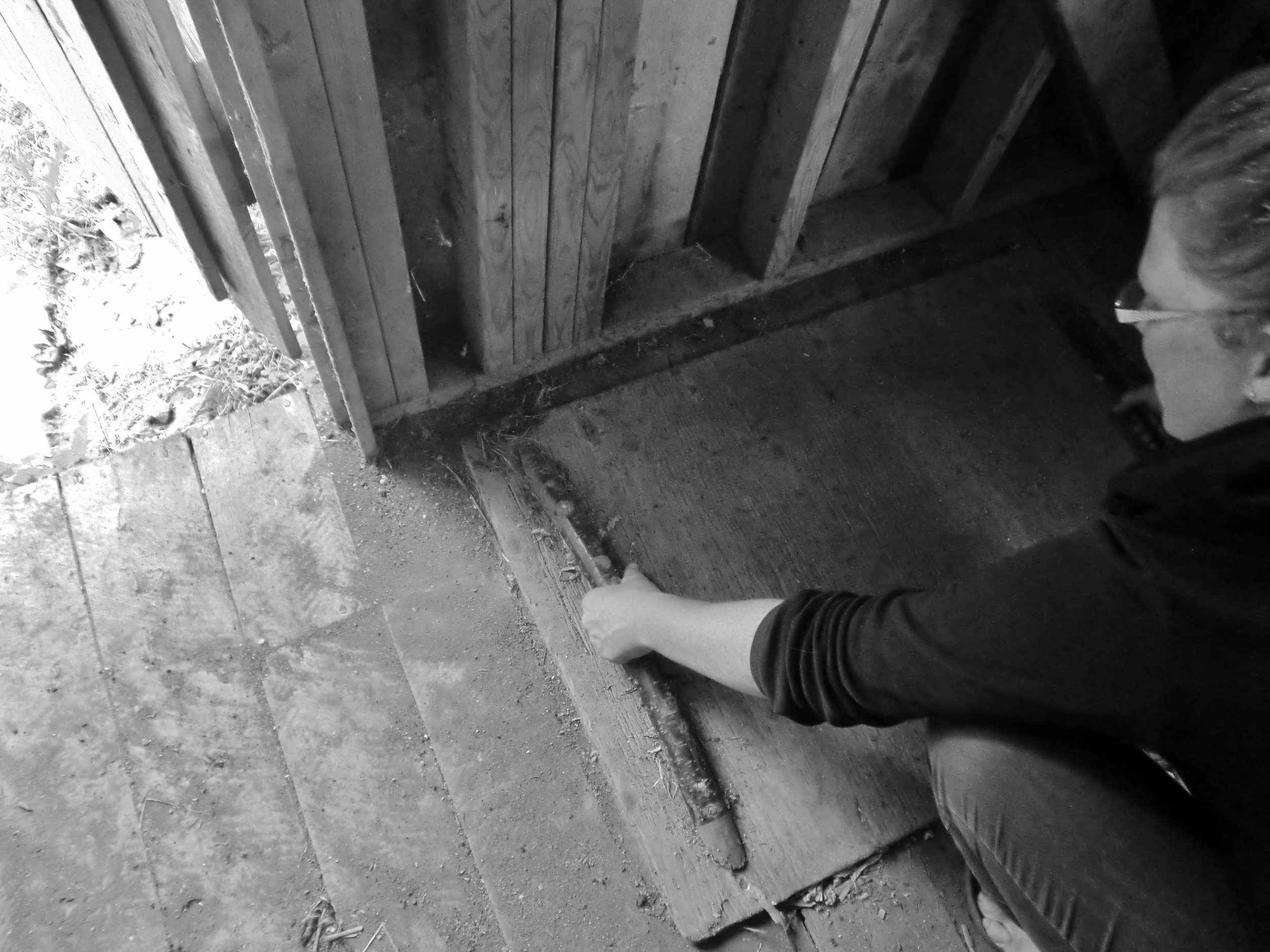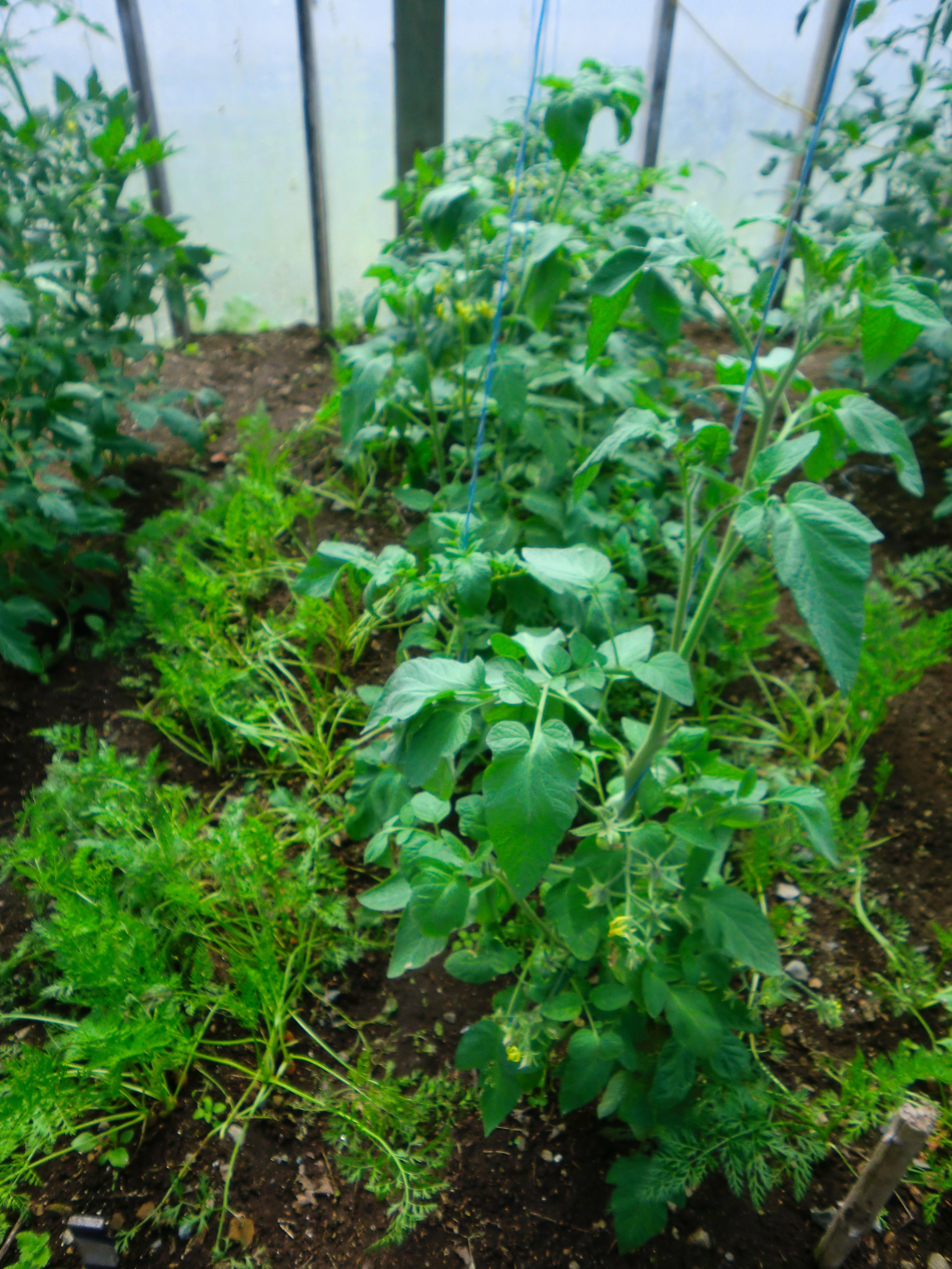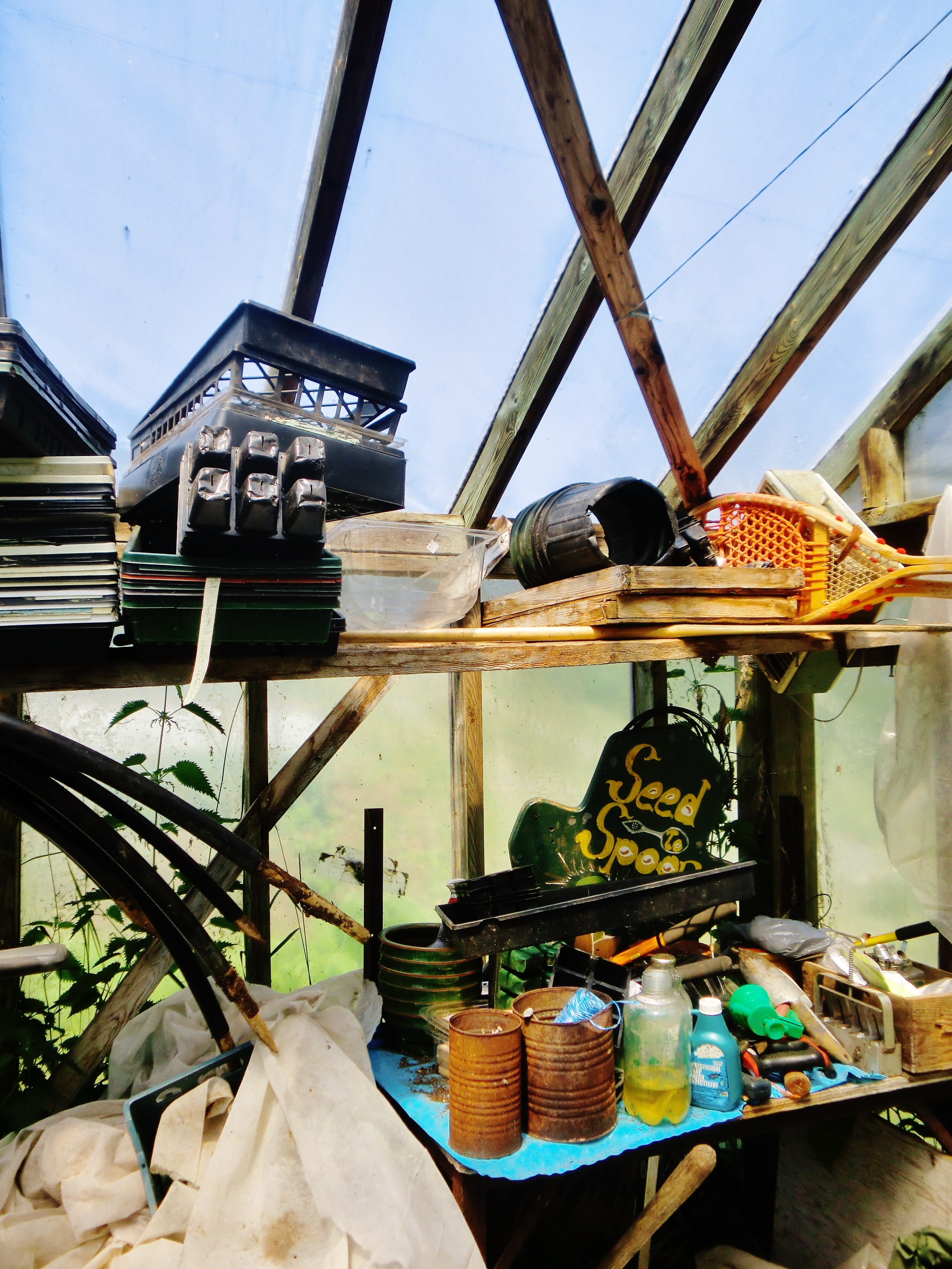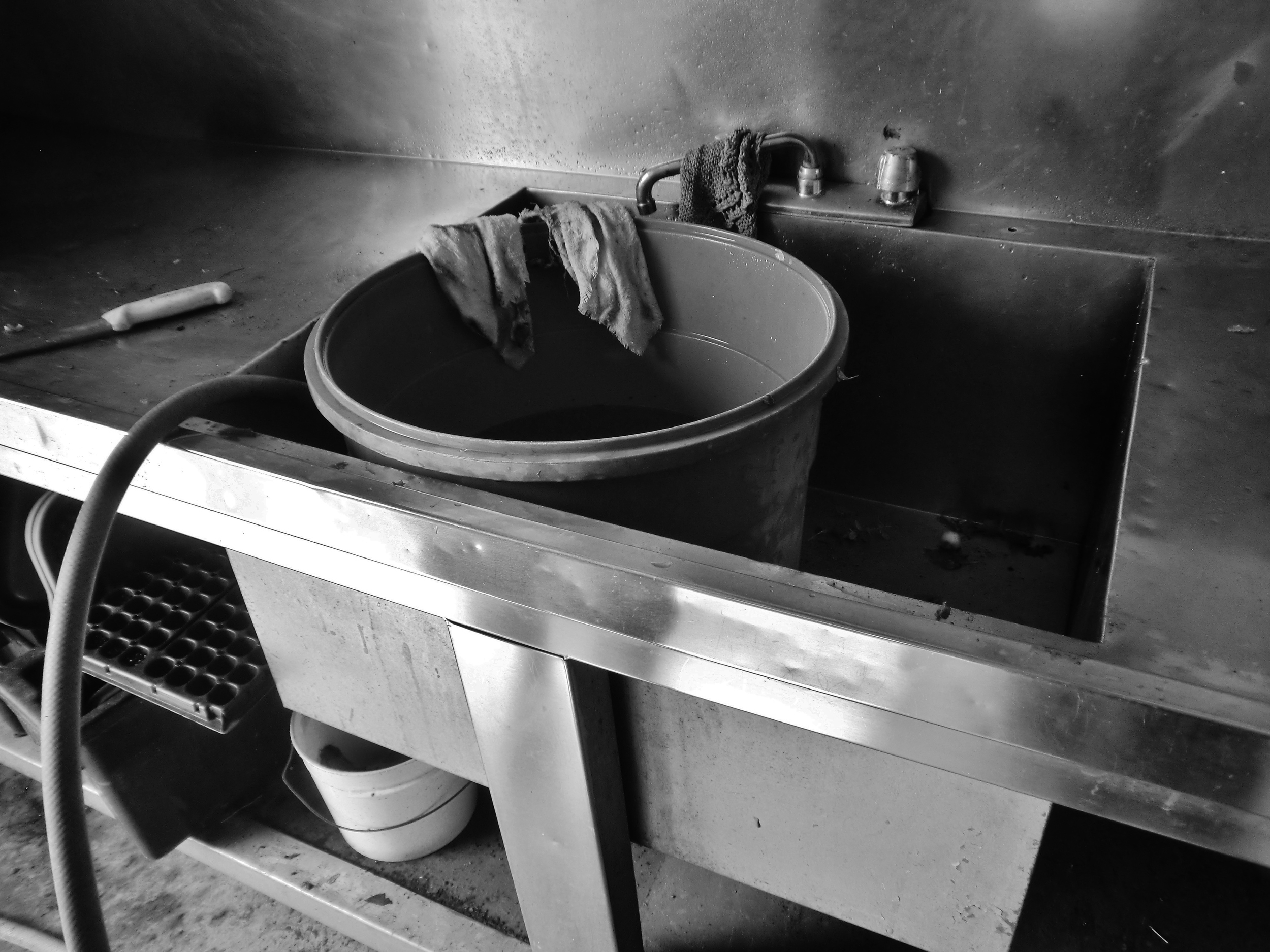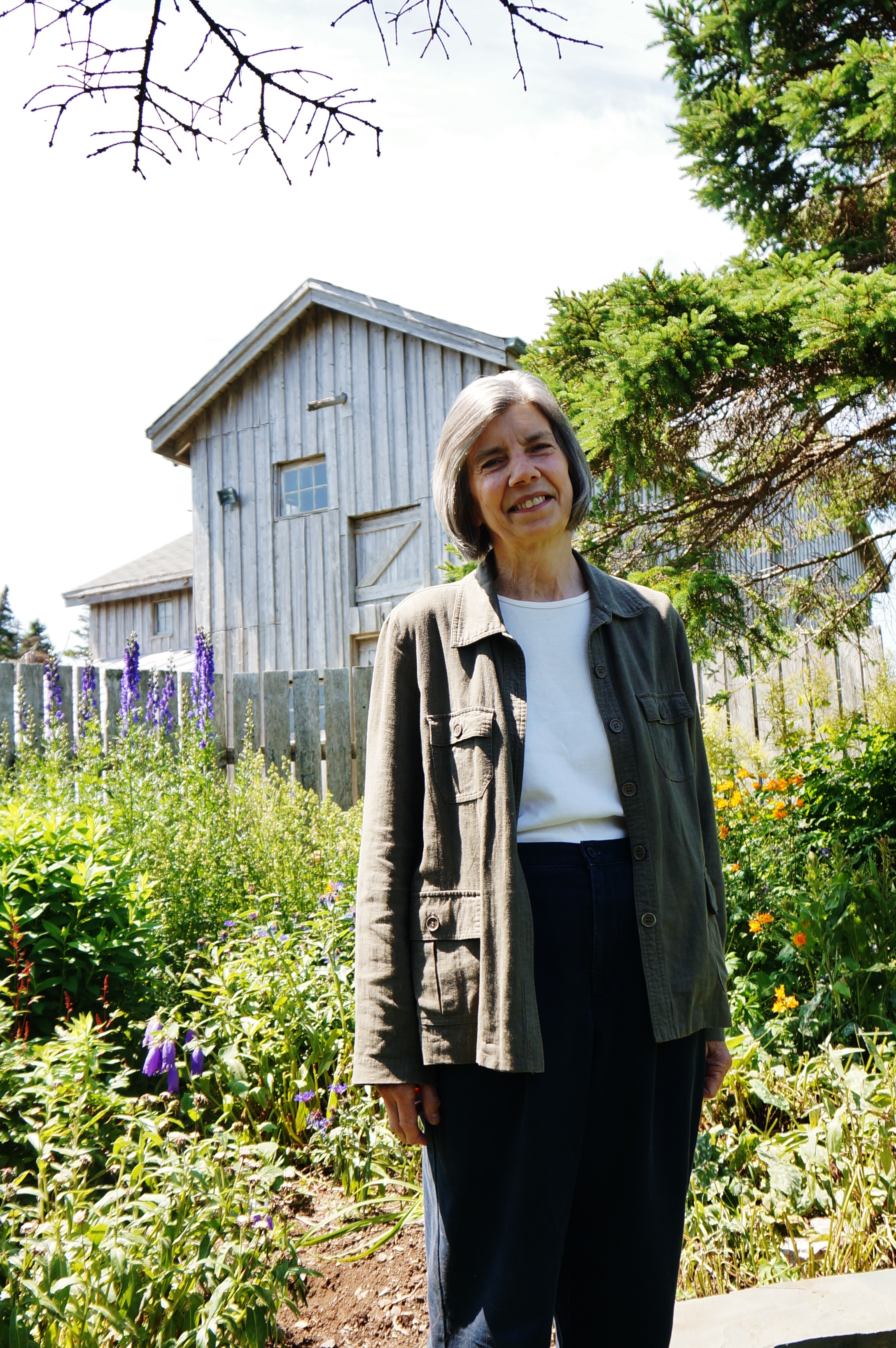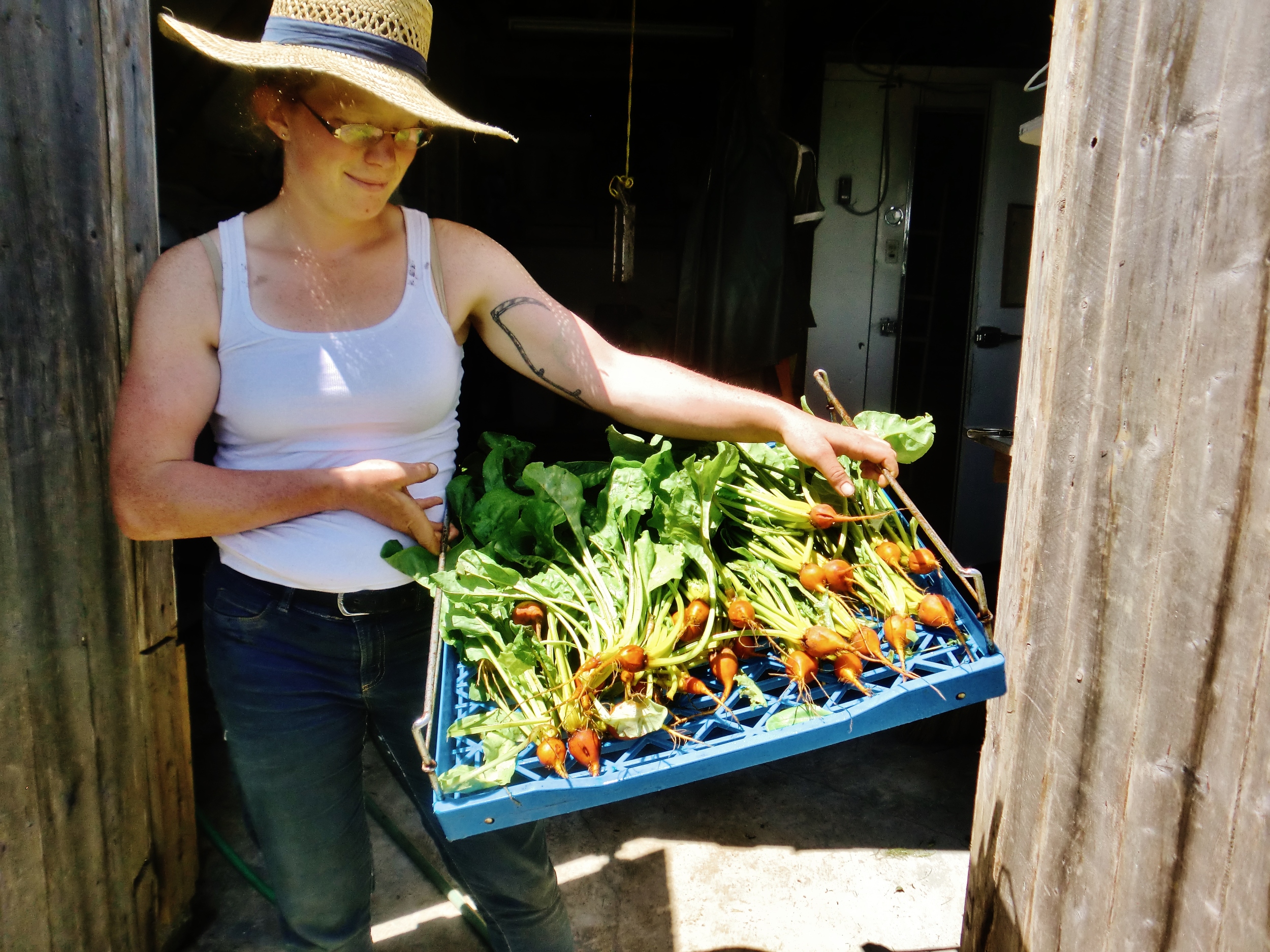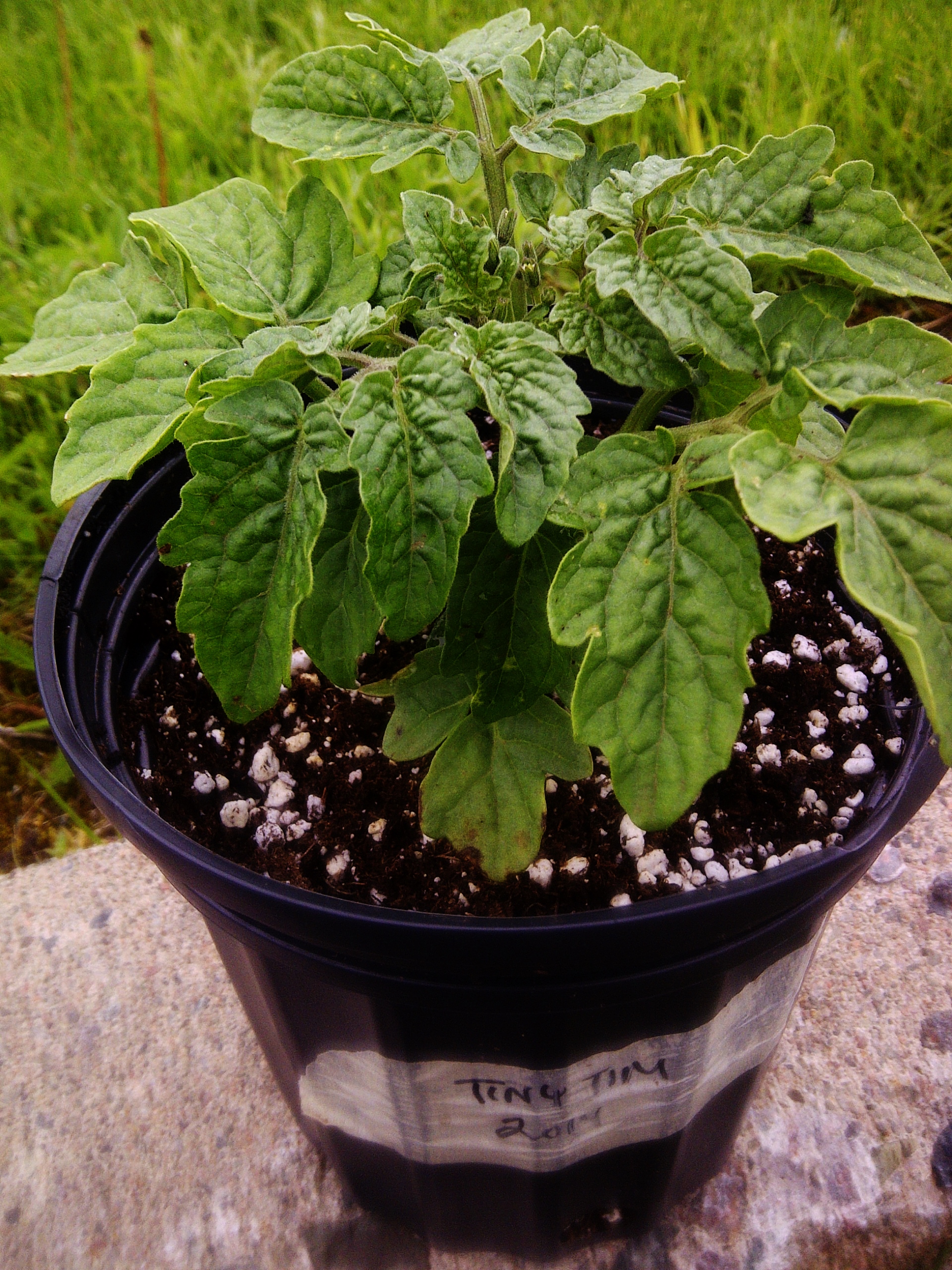This post is the seventh in a series that Sarah Campbell, an intern with FSN, is doing around the International Year of Family Farming this summer, gathering stories of family farming from around the Avalon Peninsula. Look for more stories in the coming weeks!
Del and Dave Oliver have been farming now for thirty-five years. They got their start on Thorburn Road at Dave's family's farm. They now farm on a property just west of Placentia Junction on the Western Avalon. Driving into the driveway, this is a farm that feels in use; real. Barns and outbuildings are scattered around the property. One houses turkey chicks under lights, another two lambs that Del has been nursing, another harnesses that will be used to hold cattle when they come in from the pasture. Ducks and geese, ducklings and goslings, roam about, and rabbits hop by. Wildflowers grow up left and right. Bees fly direct between them. Del is very protective of the bees – Oh, I love the bees. Don't ever do nothing to a bee where I'm to! she says, laughing. They're the future, b'y!
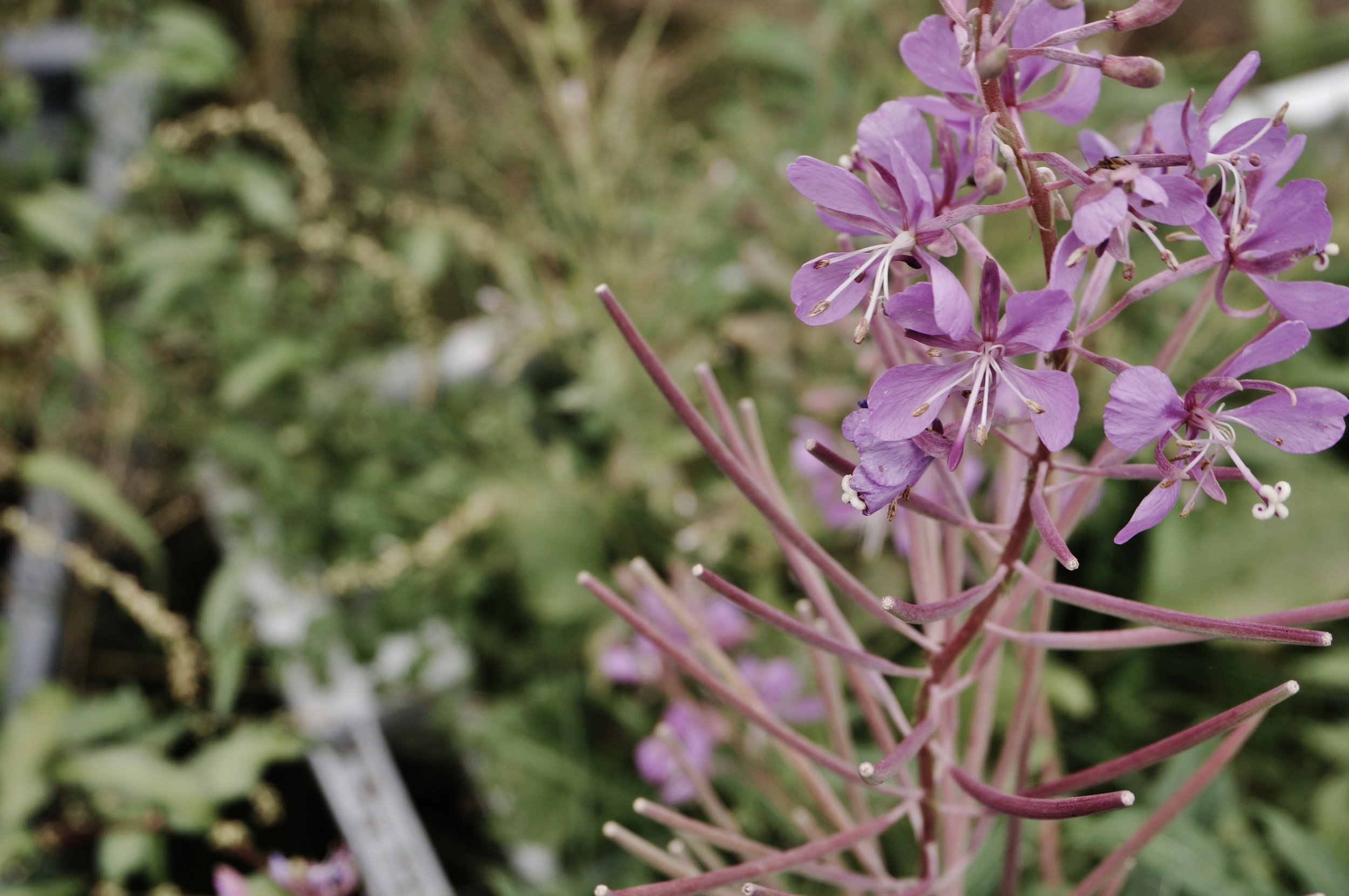

 Fireweed; Yellow wildflowers; A pink lily by the side of the house.
Fireweed; Yellow wildflowers; A pink lily by the side of the house.
Del and Dave farm animals. Turkeys, chickens, pigs, sheep, and cows. When I ask the secret to their success – the line at their truck at the farmer's market is always long – Dave says, Once they buys it once, they comes back. Dave and Del sell at the market, but also at the farm itself, and through deliveries in town. While we're talking around the kitchen table, Dave gets up to answer the door for someone who has stopped by to pick up meat. Every week they deliver meat for people who want to pick up from particular things from them. Business is good, and the market for local meat is most definitely present.
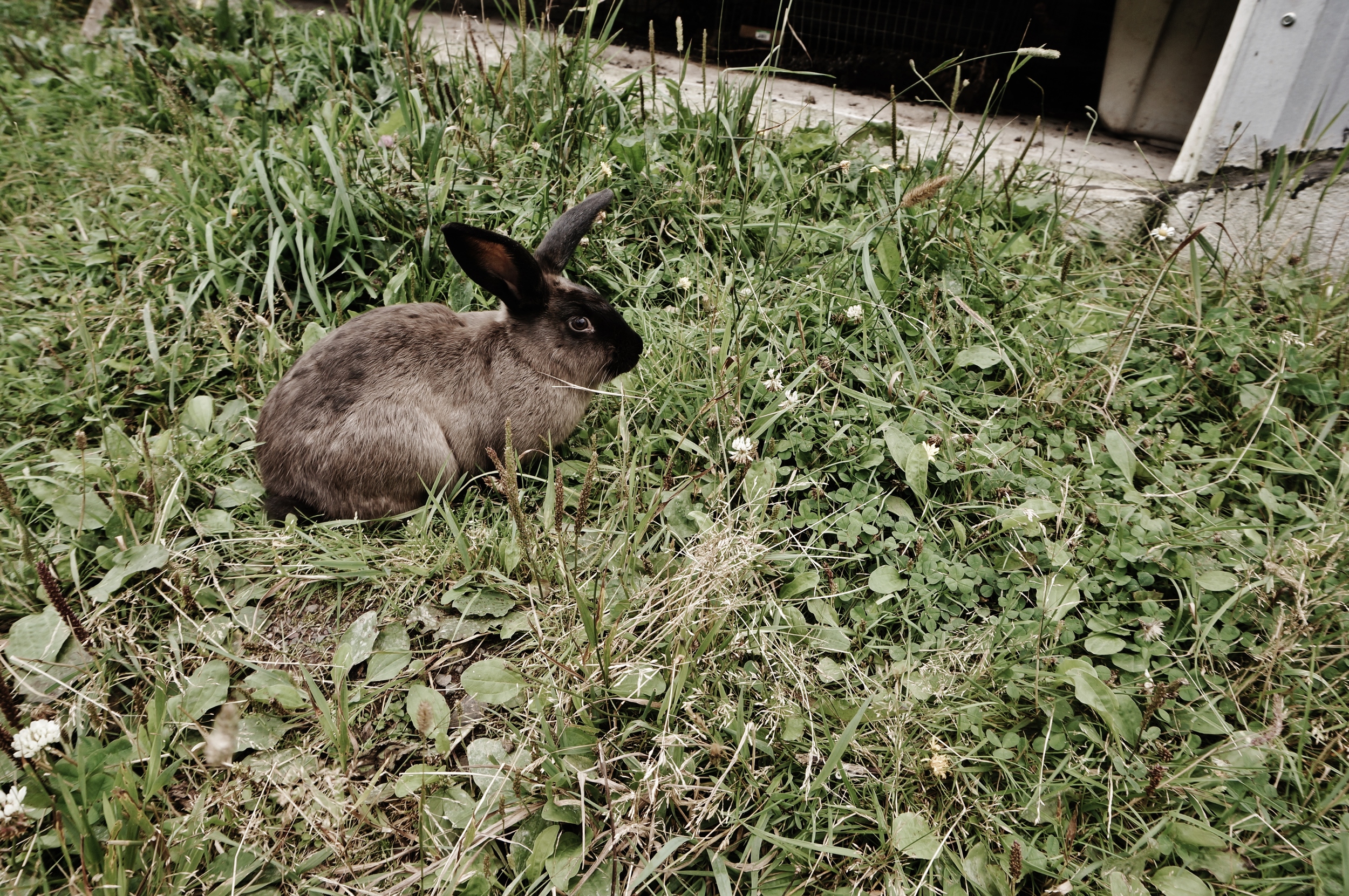
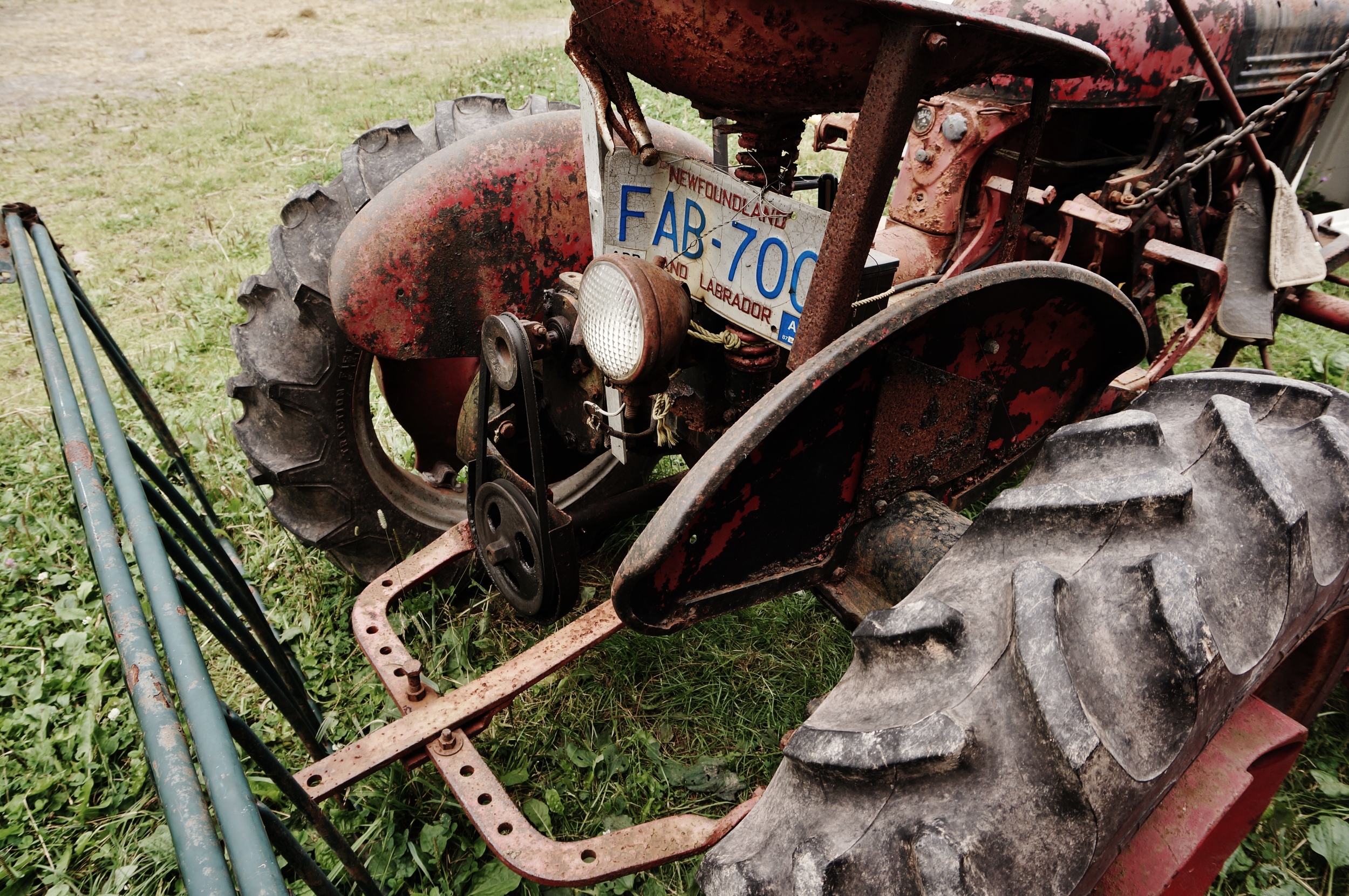
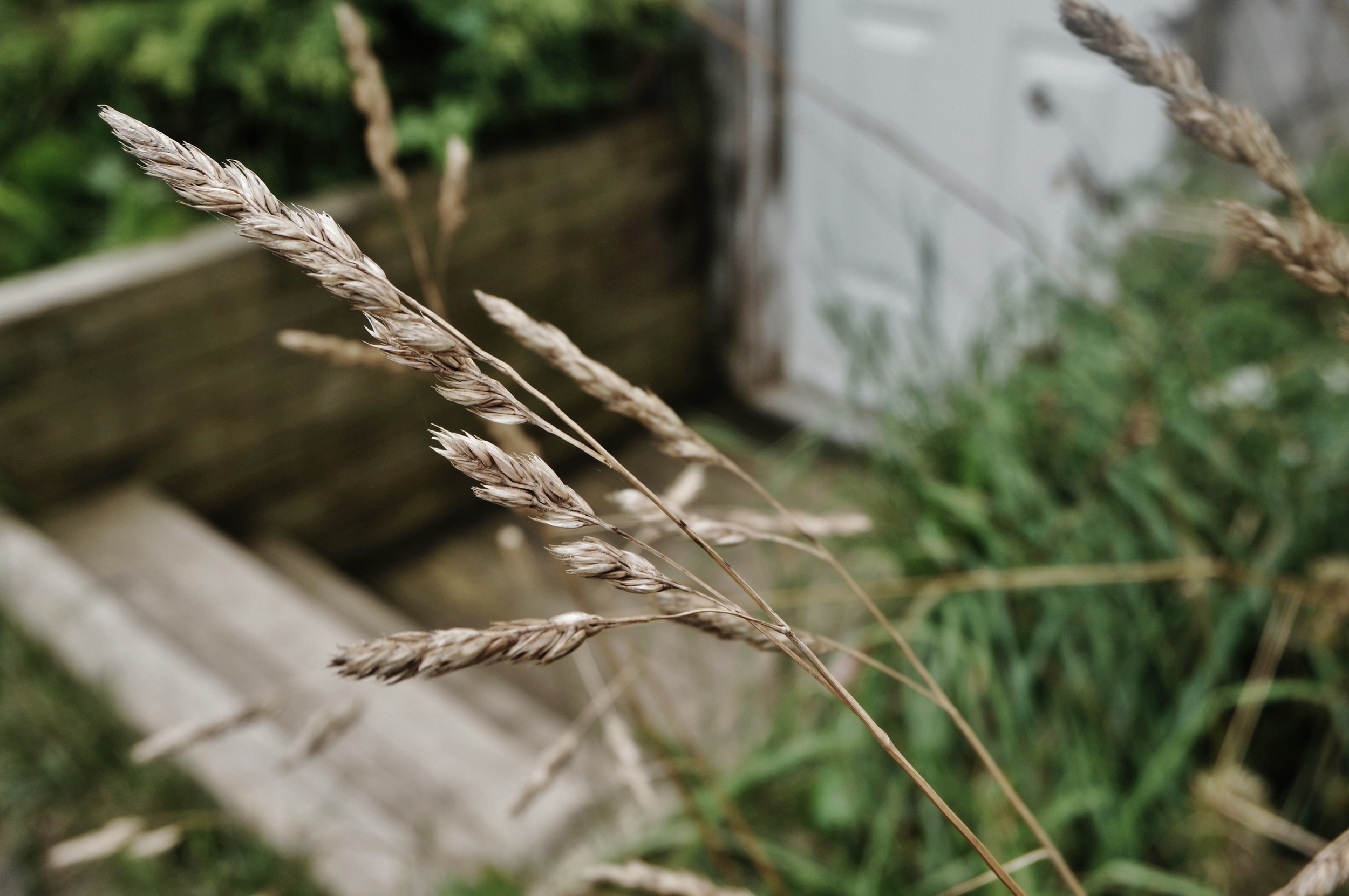
One of the rabbits; a sixty year-old tractor, still running; grass growing up beside the house.
But what becomes apparent, talking to Del and Dave, is that certain key elements of the provincial infrastructure are not in place to support growth in this market. For one, the number of slaughterhouses in the area has been steadily declining. Now there is one slaughterhouse that will process turkeys, and they do so at a premium. The facilities are simply not in place to allow for something different: where Dave and Del's meat could be processed when they need it to be, as they need it to be. Slaughterhouses may not be the most picturesque side of the agricultural business, but they are a necessity for a local meat industry.
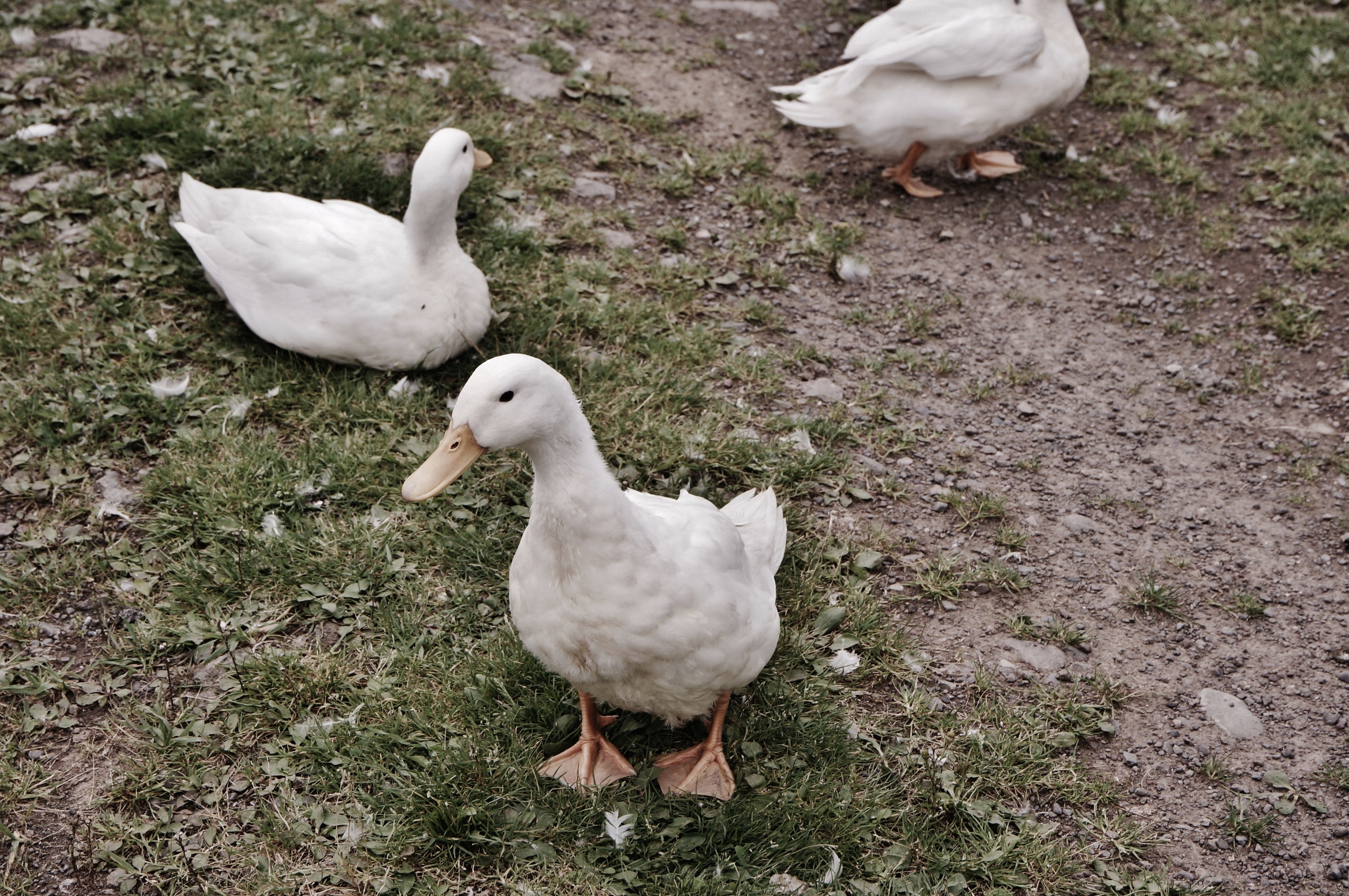
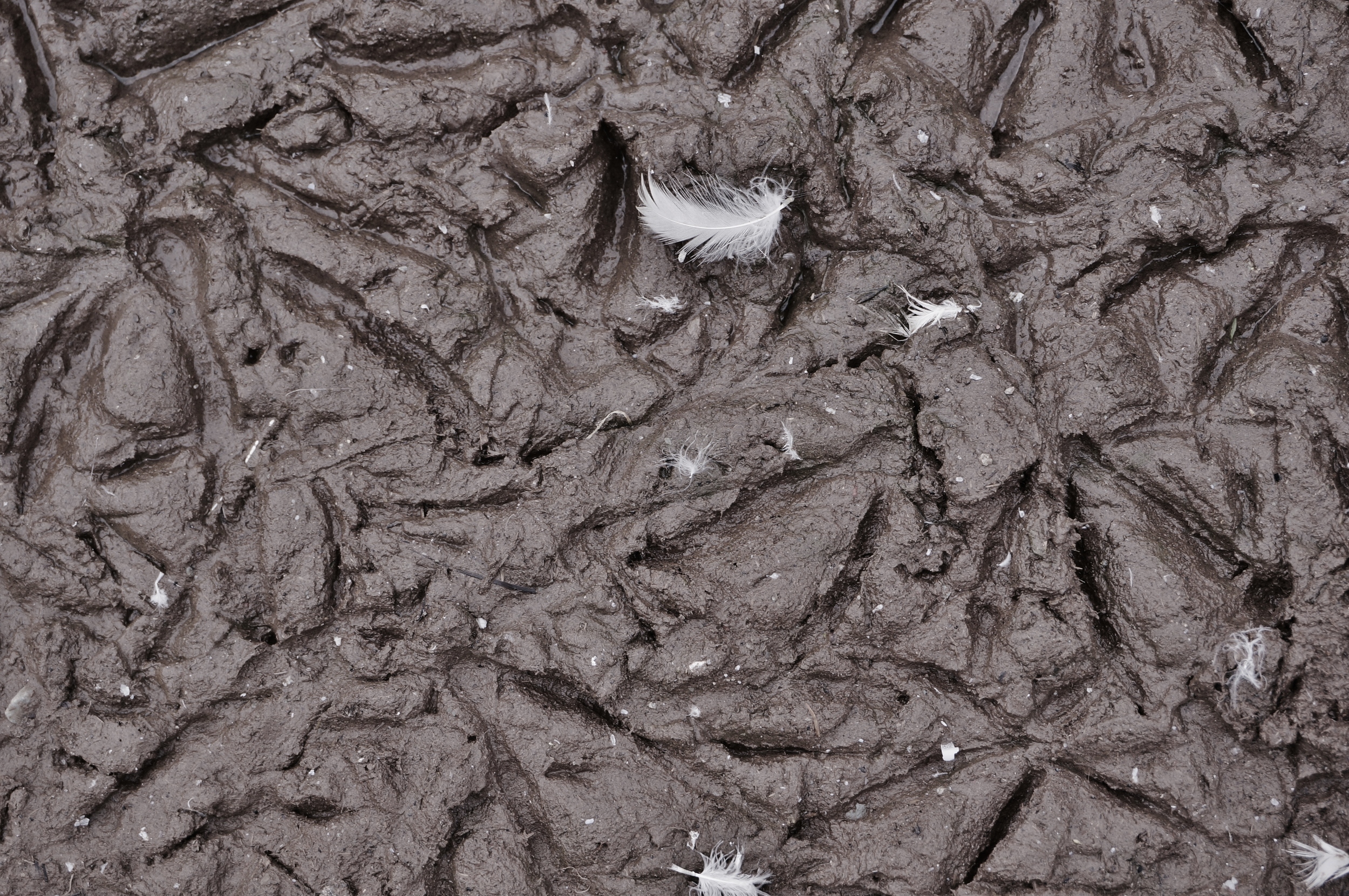
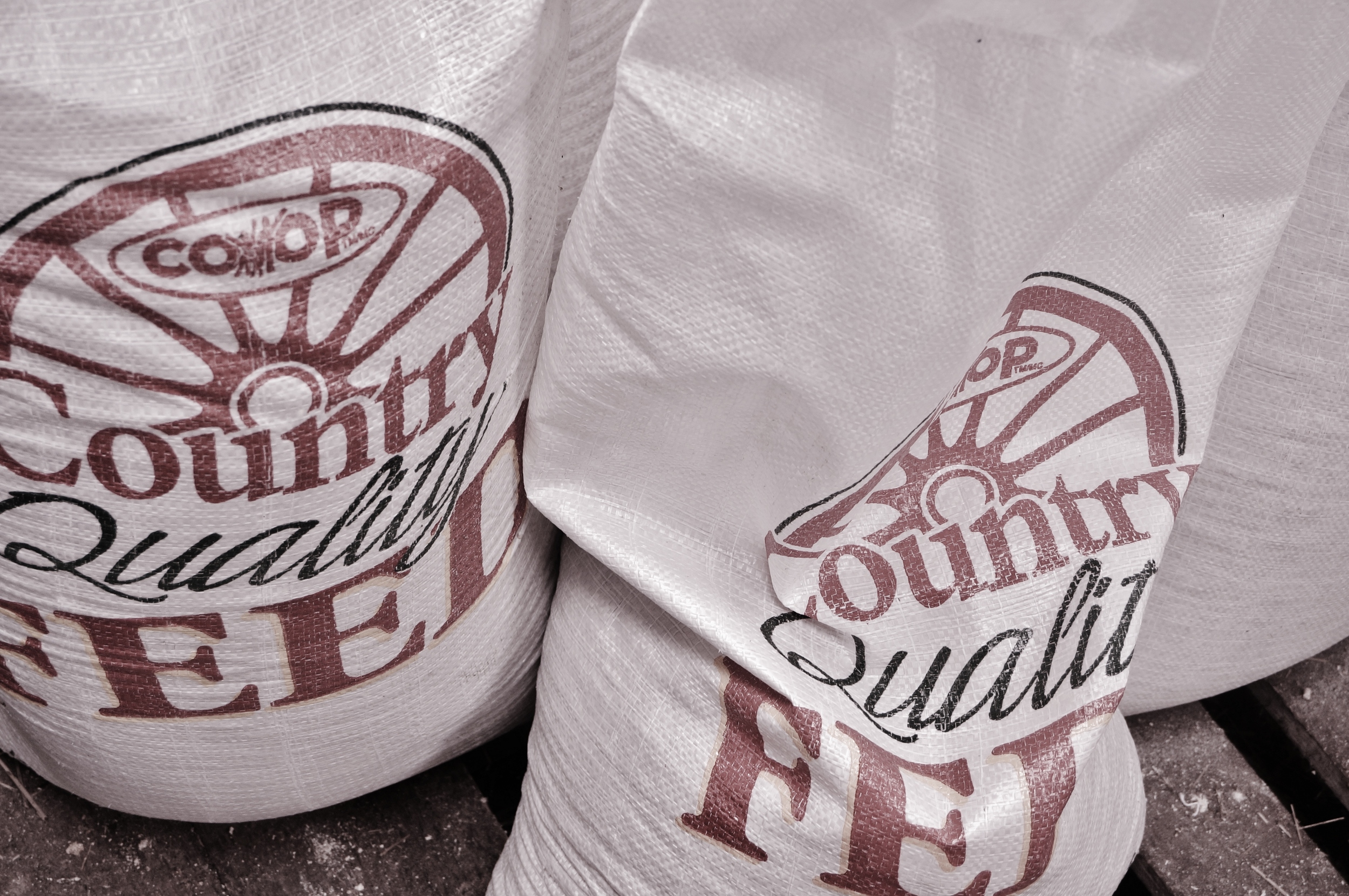
Ducks; duck footprints; feed for poultry.
Another good part of our conversation is about the system of land management in the province. I am just beginning to wrap my head around what that looks like – Crown land, agricultural lease, private land, so Del and Dave outline the basics. Agricultural lease means you can use the land, for agricultural purposes, but you can't build anything permanent on it. Because agricultural lease is often an inexpensive way of using land, it can make sense for meat farming where animals are out on pasture and need a big expanse to graze. So the farm has pasture across from the main property which is leased, and where the animals graze. There is also pasture land up by South River, which is where the cattle were when we spoke. We go back and forth on the merits of the land system – it's hard, they say, because you can't own anything outright, and you put all this money into a place, build it up and you get nothing for it. At the same time, it keeps agricultural land agricultural – it'll get passed on to farmers, instead of perhaps a relative who would sell it off for development. In the end, we leave with meat and eggs in hand, weighed out on Del's old scale from a time before. An old timer itself, but it works well. Sounds about right.
Our conversation with Del and Dave is excerpted below. Take a listen!
Dave and Del Oliver sell meat and eggs at the St. John's Farmer's Market every Saturday from June until October, 9am until 2pm. Look for the white truck. They also take orders, to be brought into town, and sell at their farm, off the Argentia Access Road at Placentia Junction. They can be reached at 687-1639.
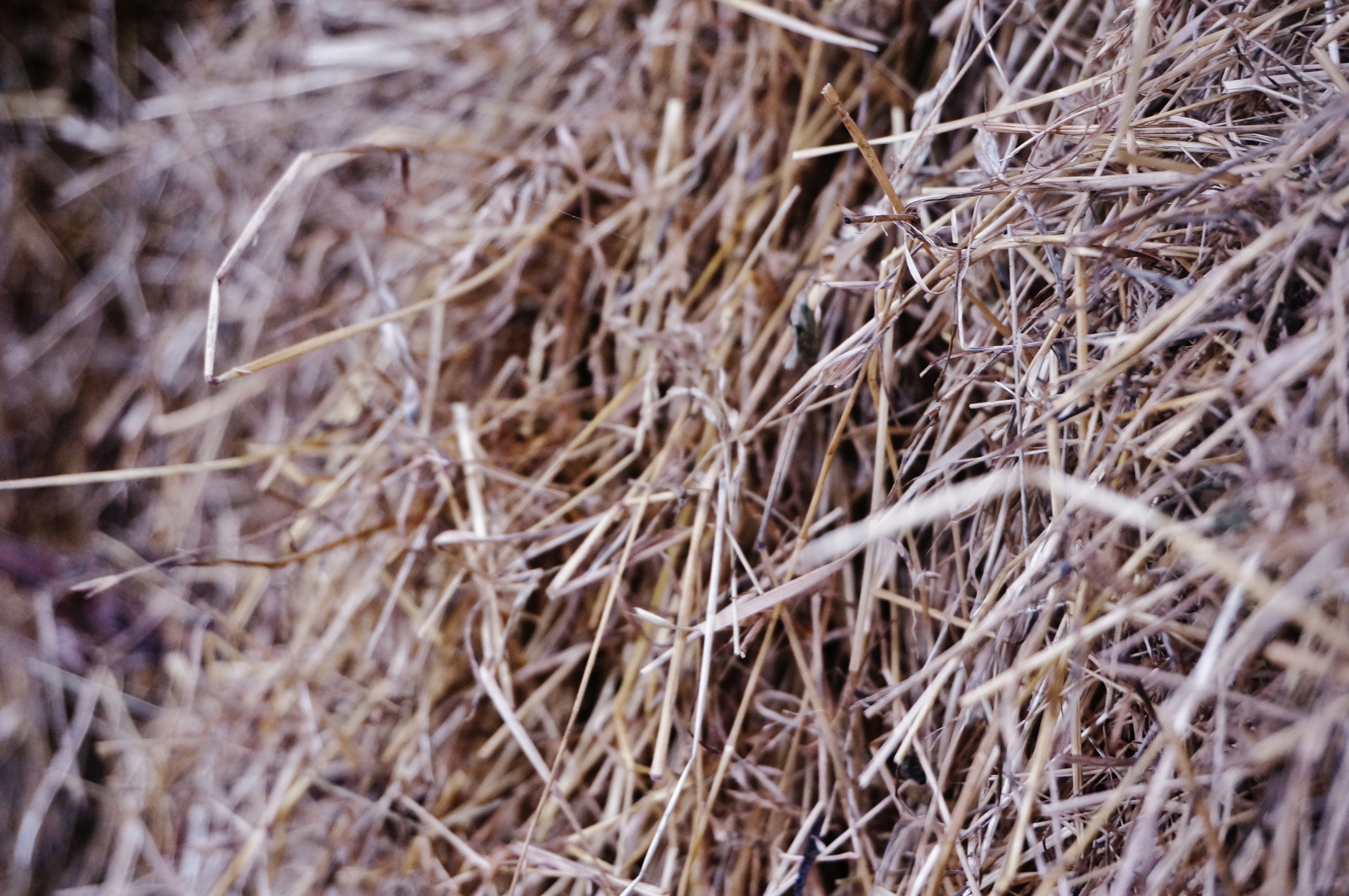
Hay laid up inside.
[audio mp3="http://rootcellarsrock.ca/wp-content/uploads/2014/09/Beginnings.mp3"][/audio]
Beginnings.
 The old scale; fencing wire on the side of the truck; the balance on the front of the scale.
The old scale; fencing wire on the side of the truck; the balance on the front of the scale.
[audio mp3="http://rootcellarsrock.ca/wp-content/uploads/2014/09/This-land.mp3"][/audio]
This land.
The main barn and hayloft.
[audio mp3="http://rootcellarsrock.ca/wp-content/uploads/2014/09/The-business-of-selling-meat.mp3"][/audio]
The business of selling meat.
Laying hens; a wild cat; turkey poults.
[audio mp3="http://rootcellarsrock.ca/wp-content/uploads/2014/09/The-provincial-food-system.mp3"][/audio]
The provincial food system.
[audio mp3="http://rootcellarsrock.ca/wp-content/uploads/2014/09/Changing-times.mp3"][/audio]
Changing times.
[audio mp3="http://rootcellarsrock.ca/wp-content/uploads/2014/09/Looking-toward-the-future.mp3"][/audio]
Looking toward the future.
Thanks Dave! Thanks Del!








